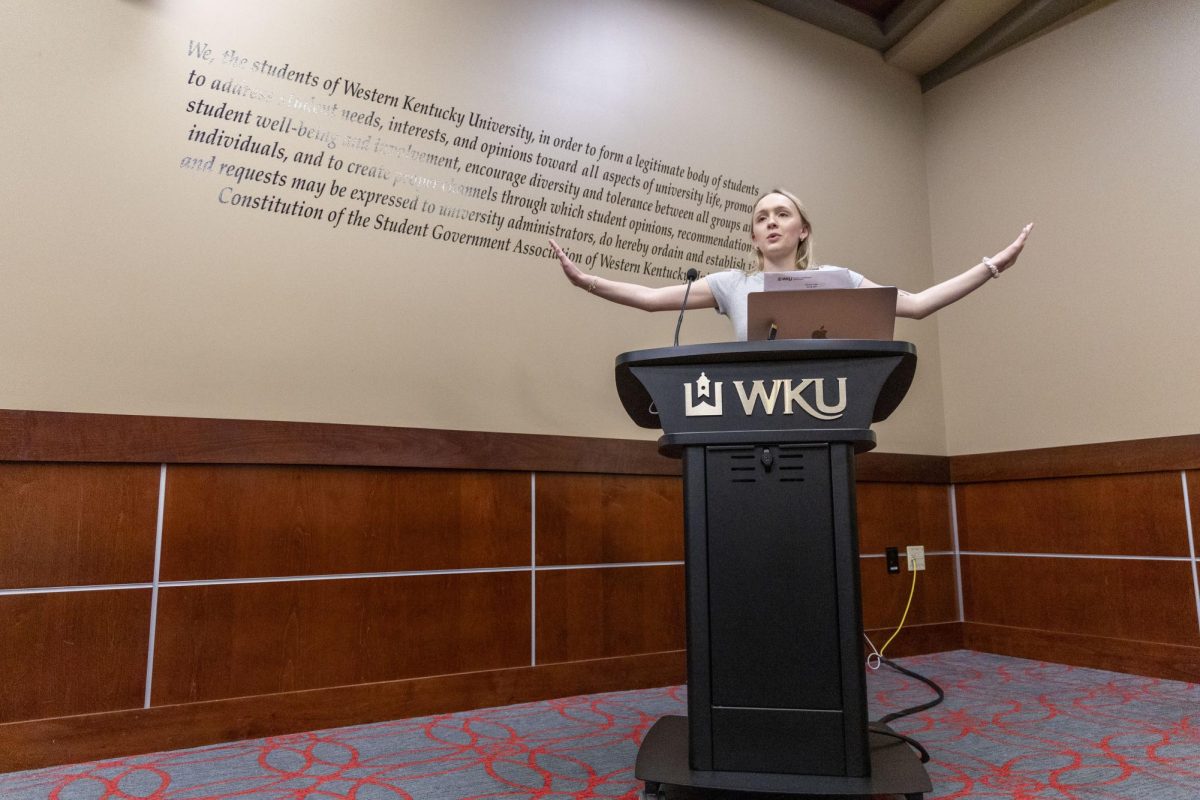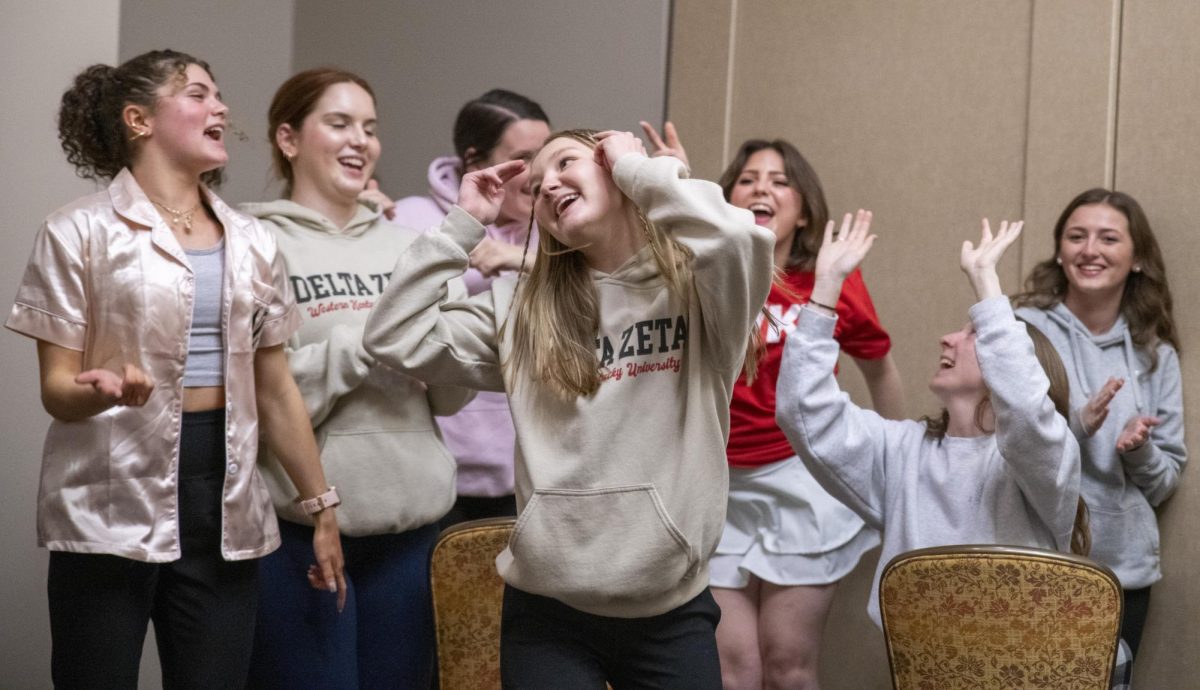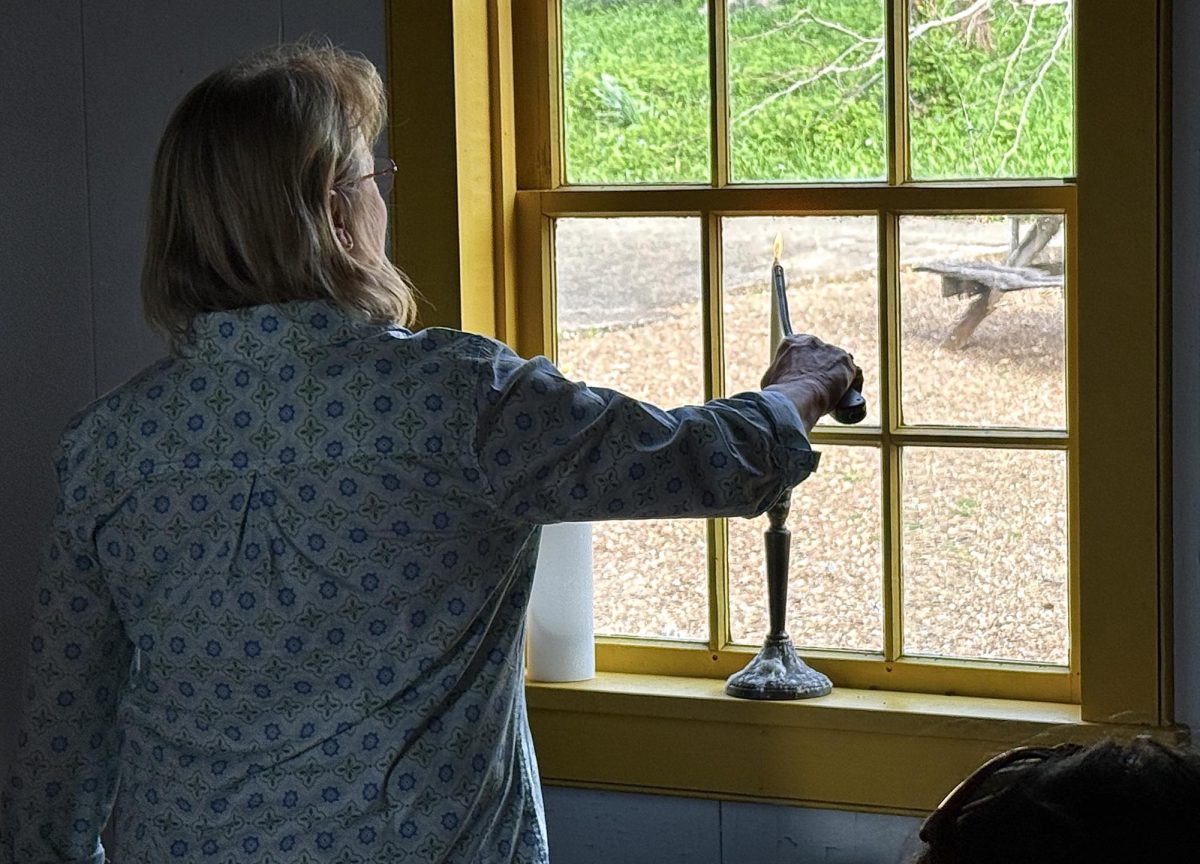The Warren Circuit Court has ordered WKU to produce “minimally redacted copies” of sexual misconduct investigations under Title IX requested by the College Heights Herald in 2016. This ruling from Circuit Judge Chris Cohron comes seven and a half years after the university sued the Herald, seeking to keep records of the investigations secret.
In 2016, the Herald requested documents for “all investigative records for all Title IX investigations into all sexual misconduct allegations including: sexual assault, sexual harassment, sexual exploitation, and/or stalking levied against Western Kentucky University employees in the last five years.” At the time, the university denied this request.
Following this denial, the Herald appealed to the Kentucky Attorney General’s Office, which ordered the documents to be turned over “with the exception of the names and personal identifiers of the complainant and witnesses.” Instead of turning over the records as ordered by the Attorney General, WKU appealed by suing the student newspaper in the Warren Circuit Court.
A decision in this case was delayed in part due to a similar case brought by the University of Kentucky against its student newspaper, the Kentucky Kernel. The Kentucky Supreme Court ruled in 2021 in favor of the Kernel.
During the course of the case, WKU turned over some records to the Herald. However, the newspaper objected, arguing many of those records contained excessive redactions that were illegal under the Kentucky Open Records Act.
“WKU had a plausible, good-faith justification for the records it redacted and has worked with [the Herald] … to produce documents in a manner that satisfies all parties[.] Although WKU’s reliance was misplaced in this case, there is scant evidence to suggest that its non-disclosure was egregious, done so in bad faith, or willful in its violation of the [Open Records Act],” the court’s opinion states.
Despite this, the court ruled that the university must provide the Herald with documents because, as stated in the opinion, “If unsubstantiated claims warranted greater protection in some cases, perverse incentives exist for public agencies to unsubstantiate claims to avoid public scrutiny.”
“Disclosure of the identities of those wrongly accused in unsubstantiated claims does not constitute an unwarranted invasion of privacy because ‘Kentucky citizens have a strong interest in ensuring that public institutions […] respond appropriately to accusations of sexual harassment by a public employee,’” the opinion continued.
The university accepted the court’s ruling.
“We are pleased this matter has been resolved and appreciate the clarity the court has provided on this issue,” said Jace Lux, university spokesman.
Michael Abate, a First Amendment lawyer for Kaplan, Johnson, Abate and Bird, the Louisville firm that represented the Herald in this case, agreed with the court’s decision.
“We’re very pleased with the ruling substantively and we think the court got that exactly right and that the university has been misusing and abusing the open records law from day one to try to withhold information,” Abate said.
The Kentucky Press Association’s Legal Defense Fund helped cover the Herald’s legal costs, paying $24,000. Herald alumni also donated more than $7,000 to the Herald’s legal costs through the Student Press Law Center in Washington, D.C. A $5,000 grant also came from the Society of Professional Journalists Legal Defense Fund.
Abate also expressed the importance of the Kentucky Open Records Act and its necessity in providing transparency about government business.
“The reason the records act exists is not just for us to know what public employees are doing, but to assure ourselves that serious allegations are being taken seriously and investigated thoroughly,” Abate said.
Editor-in-Chief Price Wilborn can be reached at edwin.wilborn835@topper.wku.edu. Follow him on X at @pricewilborn








